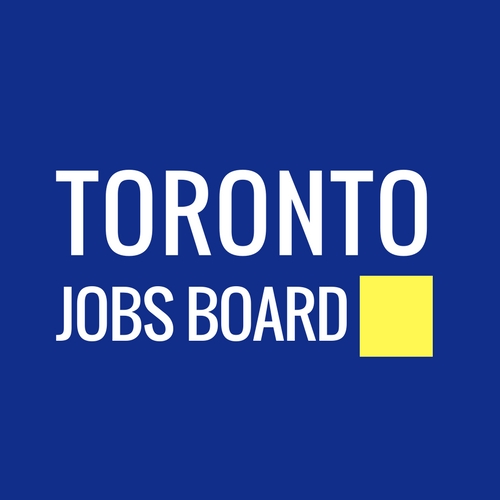In the constantly evolving landscape of freelance work, establishing a solid personal brand is essential for standing out in a competitive market. As a freelancer, your personal brand is not just about the services you offer but also about who you are as a professional and how you present yourself to potential clients. By strategically building and nurturing your personal brand, you can attract more clients, command higher rates, and create a reputation that sets you apart from the competition. Here are some strategies to help you build a strong personal brand as a freelancer:
1. Define your unique selling proposition (USP)
To differentiate yourself from other freelancers, you need to clearly define what makes you unique and why clients should choose you over others. Your unique selling proposition (USP) should highlight your skills, expertise, experience, and any specific value you can bring to clients. This will help you establish a strong foundation for your personal brand and attract clients who are looking for someone with your specific strengths.
2. Create a professional online presence
In today's digital age, your online presence plays a crucial role in shaping your personal brand. Create a professional website or portfolio that showcases your work, experience, and expertise. Use social media platforms like LinkedIn, X (formerly Twitter), and Instagram to share updates, engage with your audience, and demonstrate your knowledge in your field. Consistency in branding across all platforms is key to building a cohesive, easily recognizable personal brand.
3. Develop a consistent brand voice
Your brand voice is the tone and style of communication you use in all aspects of your freelance business, including your website, social media posts, emails, and client interactions. Developing a consistent brand voice helps you establish a strong brand identity and build client trust. Whether your brand voice is friendly and approachable or professional and authoritative, ensure that it reflects your personality and resonates with your target audience.
4. Showcase your expertise
Position yourself as an expert in your field by sharing valuable content, insights, and industry knowledge with your audience. Write blog posts, create video tutorials, participate in webinars, or speak at industry events to showcase your expertise and demonstrate your credibility. By consistently providing valuable information to your audience, you can establish yourself as a thought leader in your niche and build a strong personal brand that attracts clients who value your expertise.
5. Build relationships and network
Networking is a powerful tool for freelancers to build relationships, expand their professional network, and attract new clients. Attend industry events, join online communities, and connect with other freelancers, clients, and industry professionals to expand your network and create opportunities for collaboration and referrals. Building strong relationships with clients and industry peers can help you establish a positive reputation and strengthen your personal brand over time.
6. Ask for testimonials and referrals
Client testimonials and referrals are powerful assets that can help build credibility and trust with potential clients. Ask satisfied clients to provide testimonials highlighting their positive experiences working with you and showcase the results you delivered. Encourage clients to refer you to their network by providing exceptional service, delivering quality work, and maintaining a professional and reliable demeanour. Positive testimonials and referrals can reinforce your personal brand and attract new clients who value your work ethic and expertise.
Building a solid personal brand as a freelancer takes time, effort, and consistency, but the benefits are well worth it. By defining your USP, creating a professional online presence, developing a consistent brand voice, showcasing your expertise, building relationships and networking, and leveraging testimonials and referrals, you can create a compelling personal brand that sets you apart from the competition and positions you for long-term success in the freelance market. Remember, your personal brand is not just about what you do but who you are as a professional, so be authentic, consistent, and intentional in how you present yourself to the world.


Comments powered by CComment